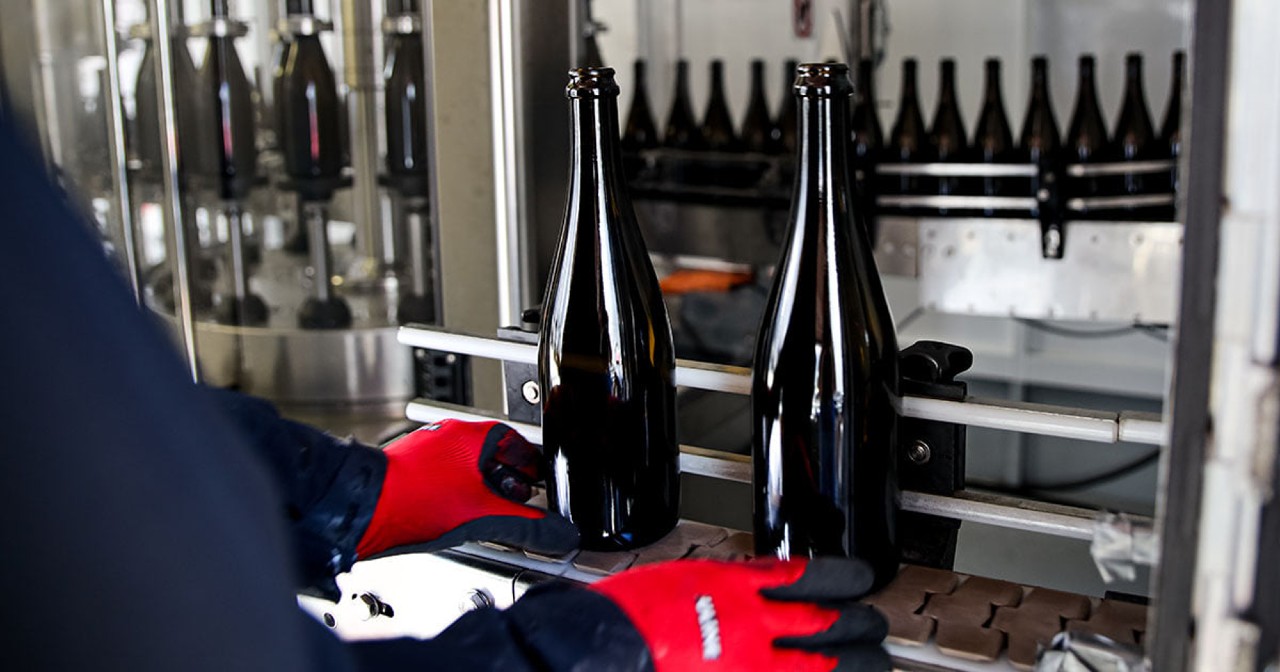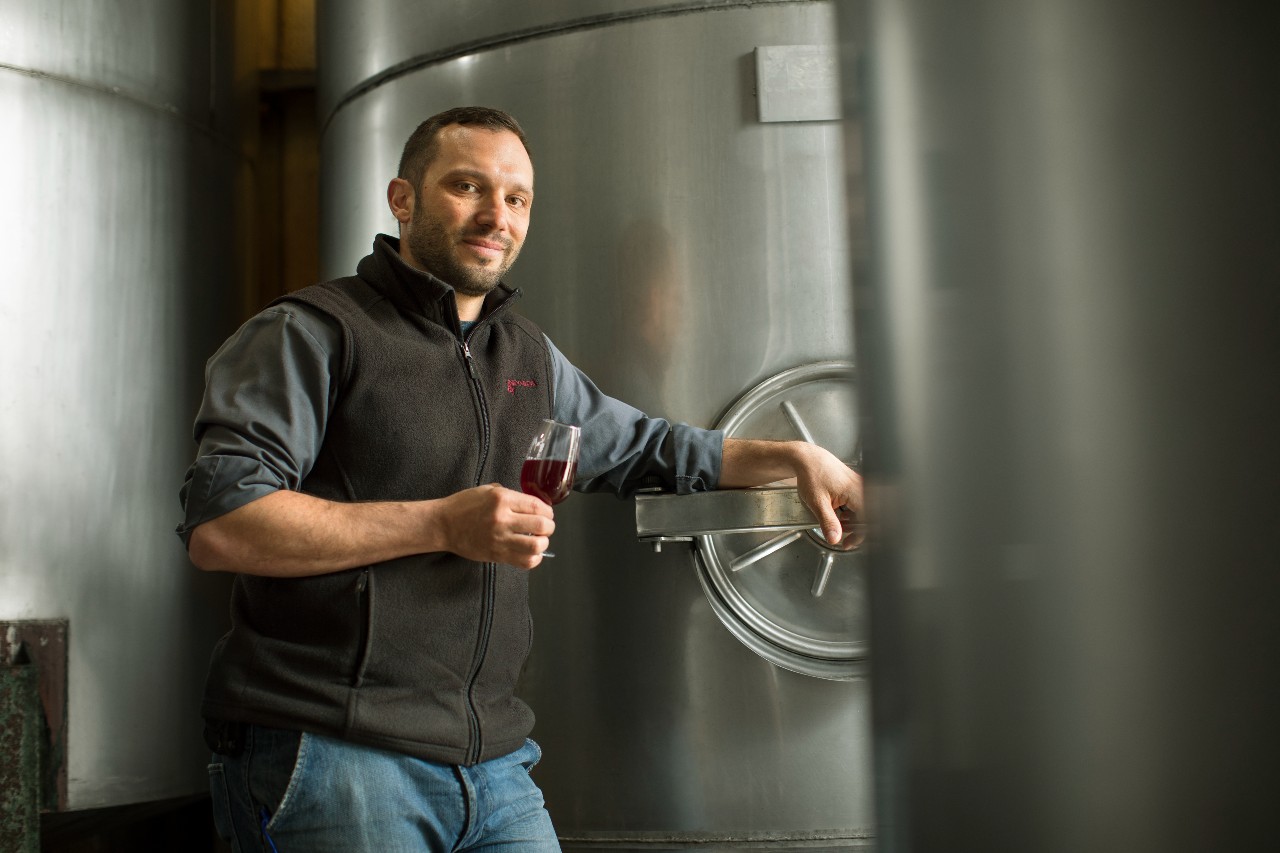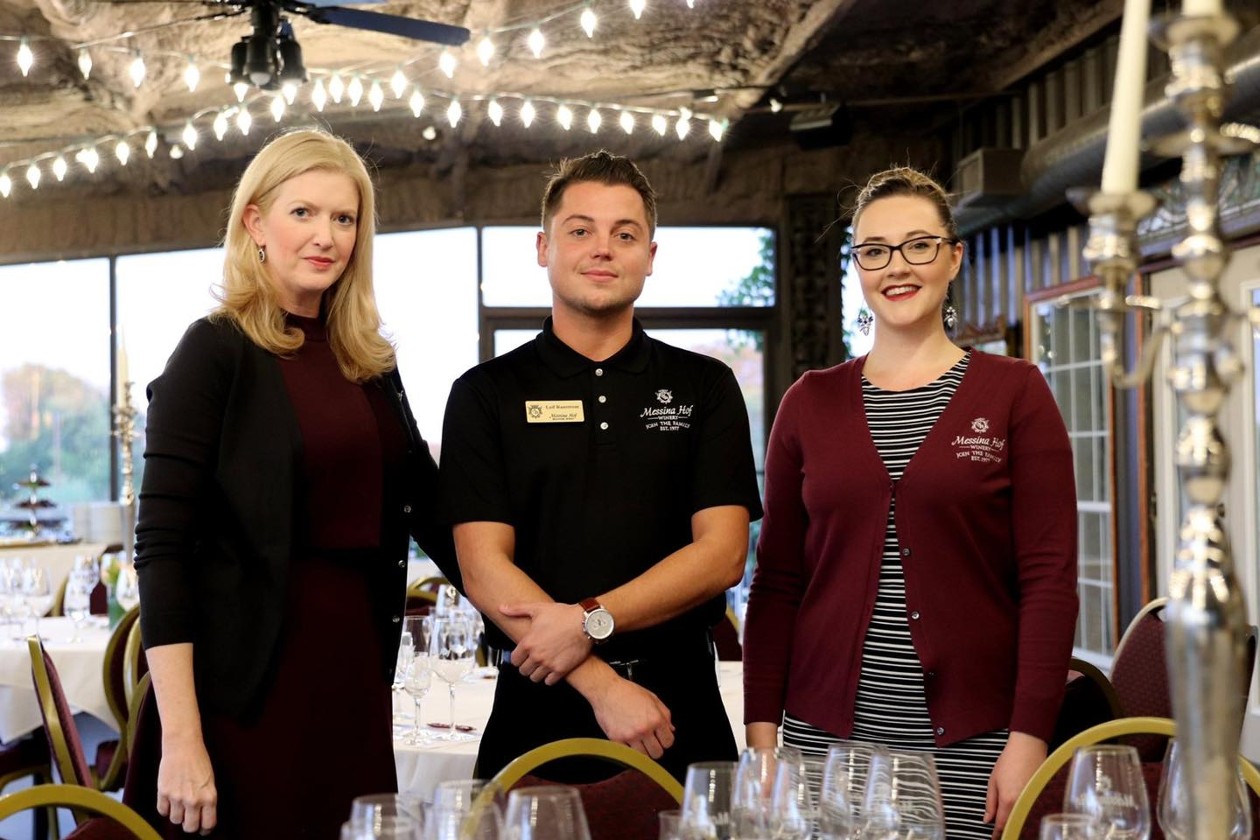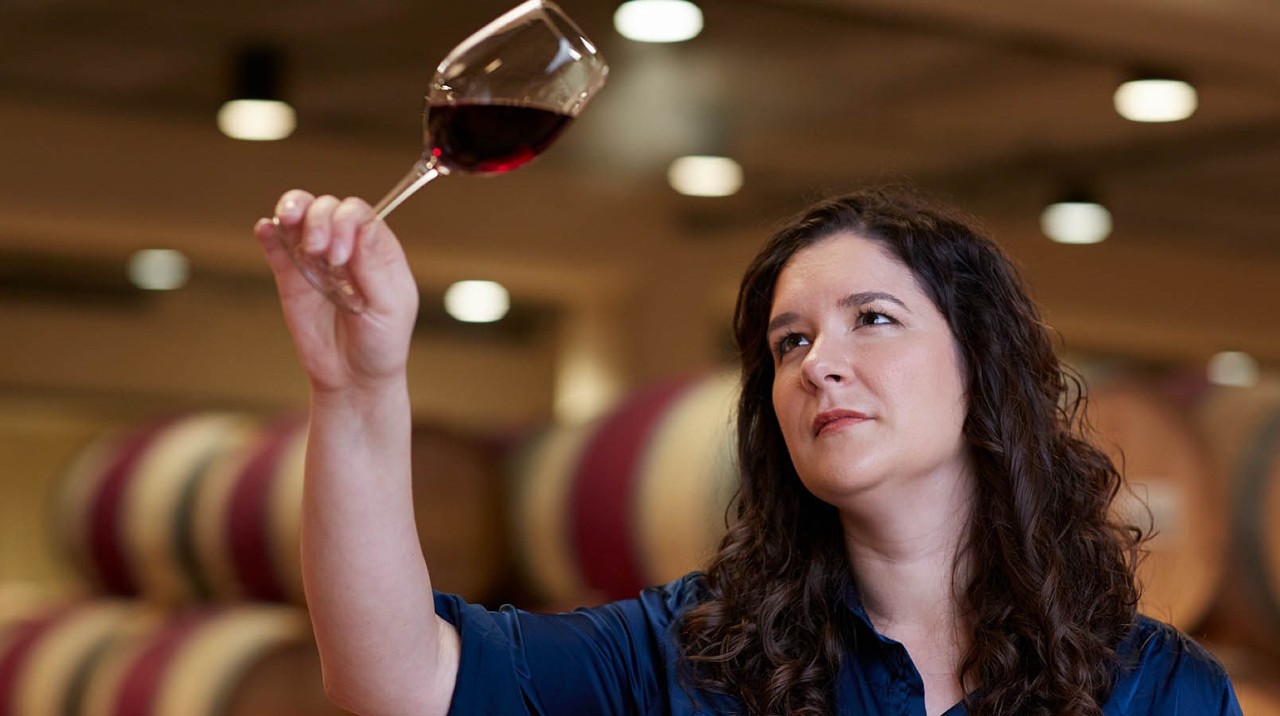Going back to 2021, supply chain issues have been one factor that’s made it more difficult and more expensive for wine businesses to put their products on the shelves.
Glass bottles — namely a shortage of them — have been one thing that has created a conundrum for wineries that have had to find solutions to making sure there’s something to put their wine in.
Betting On The Future
The glass shortage and resulting higher glass costs were one obstacle that Willamette Valley Vineyards CEO Jim Bernau said the company had to overcome. In the end, they took a gamble on future prices when making their decision.
“The biggest factor has been supply chain issues and the costs associated with them,” Bernau told Vintner Magazine. “Glass, in particular. We had to find new suppliers, and those suppliers were far more expensive. Tariff policies made it even worse.”
Willamette Valley Vineyards set itself up for a brighter tomorrow, choosing to pay higher short-term costs to avoid pigeonholing itself into a longer, potentially more expensive contract over the long term.
“We would have been locked into those costs for years,” Bernau said. “We were careful about making sure we didn’t make long-term commitments to those suppliers. It was costly to make short-term purchasing agreements, but we’re already starting to see prices come down. So that was a positive, good move. Our CFO John Terry did a great job managing that.”
Leaning On Relationships
In Clarksburg, California, Bogle Family Wine Collection Vice President Ryan Bogle said long-standing relationships with suppliers helped them weather the supply chain storm.
“While many wineries and businesses had a very hard time sourcing raw material due to supply chain issues, we mostly experienced these issues with our smaller production/tasting room exclusive items,” Bogle said. “Fortunately, our long-standing partnerships and contracts with suppliers allowed us to avoid any major production delays for our main line products and allowed us to maintain inventory level necessary to keep our product on the shelves.”
Remembering Equipment Can Break
In addition to materials, you have to be prepared in case of problems with your equipment. Dr. Rik Obiso said pursuing a spare parts program has been a worthwhile endeavor for his Christiansburg, Virginia winery, Whitebarrel.
“During our 2021 harvest, our crusher-destemmer died,” Obiso said. “We had placed an emergency order at five different vendors, but only one vendor was able to fill the order. It was half the size that was needed but was all that was available.
“Fortunately, we keep spare parts for most of our equipment and we were able to repair the broken equipment in time to continue harvest. I highly recommend that if you do not have a spare parts program in your company, you should definitely take the time to invest in this.
“It may cost you upfront, but it will save you time and money in the long run.”








Be the first to comment